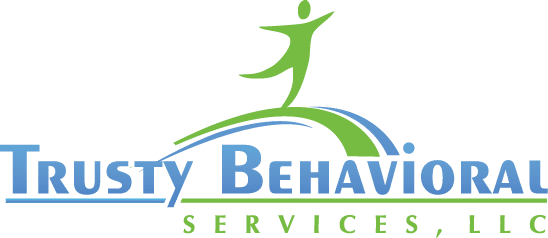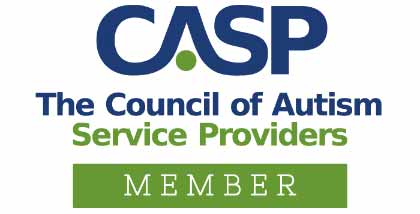Applied Behavior Analysis (ABA) therapy is a widely recognized and effective approach for individuals with autism and other developmental disorders. However, like many areas of therapy, ABA is not immune to misconceptions and misunderstandings. We will shed light on some of the common misconceptions about ABA therapy to provide a more accurate understanding.
Misconception #1: ABA is Overly Rigid and Regimented, Turning Children into Robots
One of the most persistent myths about ABA therapy is the belief that it is overly rigid and regimented, potentially turning children into robots. However, this misconception couldn’t be farther from the truth. ABA therapy is rooted in the principles of learning and behavior. Its foundation is a comprehensive understanding of each child’s individual needs, preferences, and unique qualities.
Far from promoting robotic behavior, ABA therapy is highly adaptable and customizable. It is designed to nurture a child’s independence, promote self-determination, and encourage a more fulfilling and meaningful life. Likewise, ABA programs are meticulously tailored to fit the child’s distinctive profile, recognizing that no two individuals are the same.
Misconception #2: ABA Therapy Only Focuses on Changing Unwanted Behaviors
Another misconception is the notion that it solely addresses unwanted behaviors. While ABA can be quite effective at addressing challenging behaviors, its scope extends far beyond that. ABA programs aim to enhance communication skills, foster social interactions, develop positive behavior, and promote overall skill development.
The goal is not merely to reduce negative behaviors but to equip children with the skills they need to engage with their world effectively. A quality ABA program will address all the areas needed for a particular child and desired by their caregivers.
Misconception #3: All ABA Programs are the Same
It is inaccurate to assume that all ABA programs are identical. ABA therapy is a highly individualized approach, and no two programs are exactly alike. Each ABA program is carefully tailored to meet the specific needs and goals of each child. Factors such as age, skill level, and the particular challenges a child faces are all taken into account when designing a personalized ABA program.
This individualized approach is one of the cornerstones of ABA therapy, ensuring that each child receives the most effective and relevant support.
Misconception #4: ABA Uses Bribes to Teach Kids What to Do and How to Behave
A common misconception is that ABA therapy employs bribery to encourage children’s desired behavior. This is a misunderstanding of the fundamental principles of ABA therapy. ABA uses the concept of positive reinforcement, which is fundamentally different from bribery.
Positive reinforcement involves rewarding a child after they have exhibited the desired behavior, strengthening the likelihood of that behavior occurring naturally. It is not a negotiation or a bribe that occurs before the behavior takes place. The focus is on encouraging and reinforcing appropriate behaviors through a systematic and consistent approach.
Conclusion
Applied Behavior Analysis therapy is a powerful and evidence-based intervention that can have a profoundly positive impact on children with autism and other developmental disorders. By dispelling these common misconceptions, we hope to promote a more accurate and informed understanding of ABA therapy.
ABA therapy is not about rigid conformity or changing only unwanted behaviors; it is about empowering children, fostering their independence, and helping them reach their full potential. Additionally, by recognizing the flexibility, individualization, and the ethical use of positive reinforcement in ABA therapy, we can offer children the support they need to lead fulfilling and successful lives.
If you are on the fence about whether ABA is right for your child, we would love to chat with you. Contact us today!


